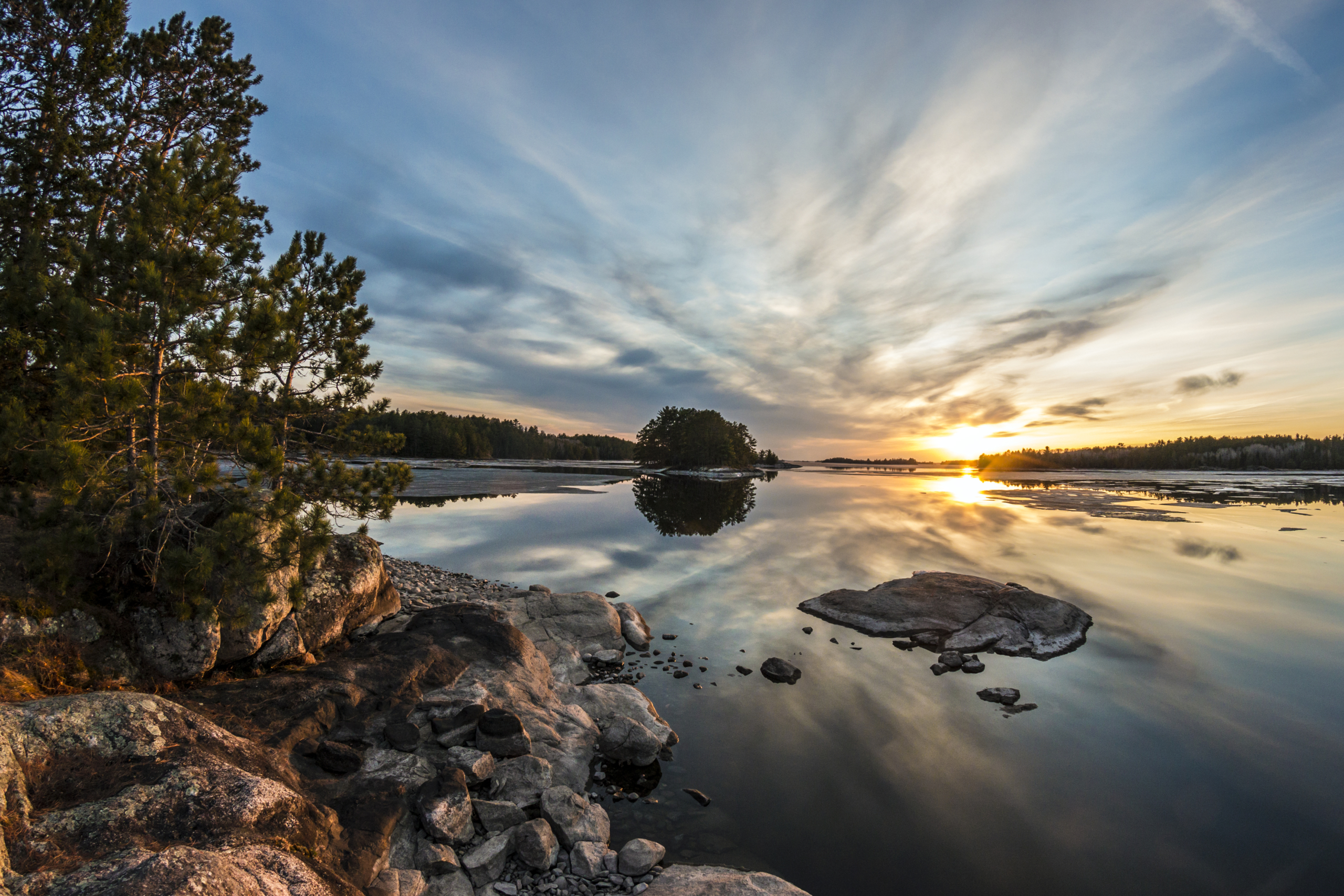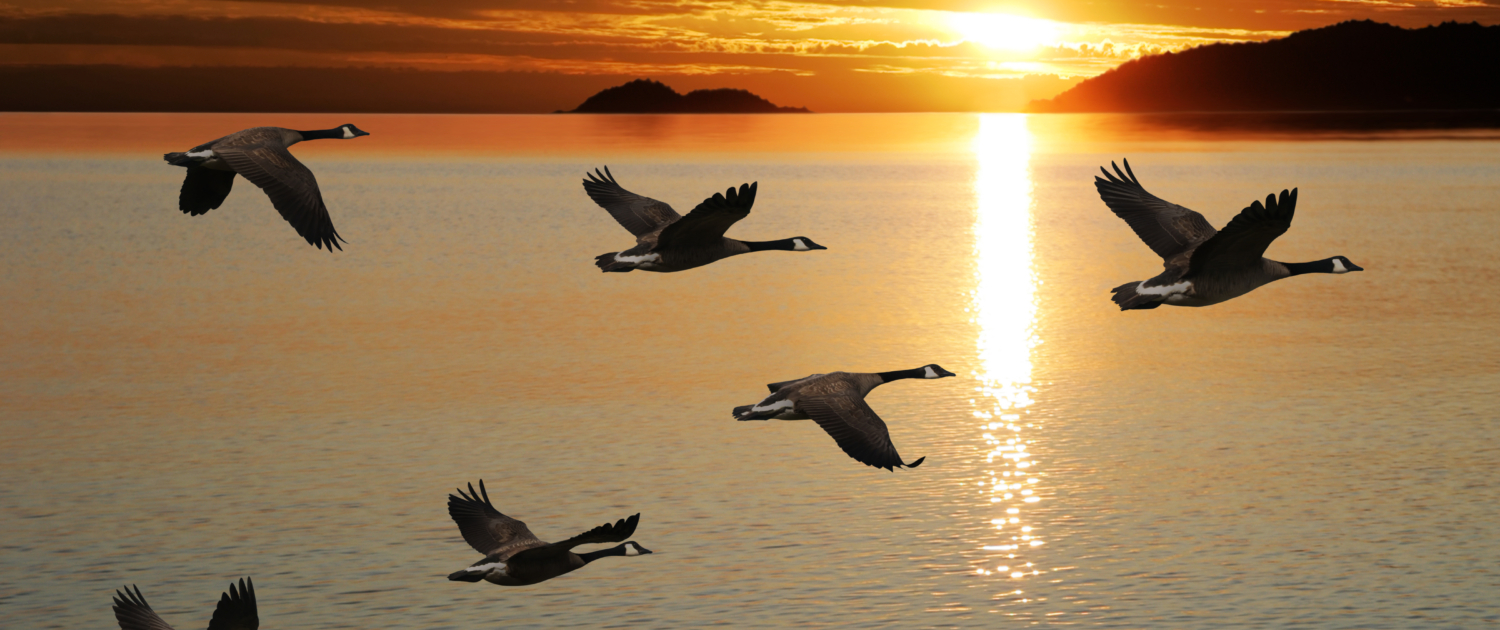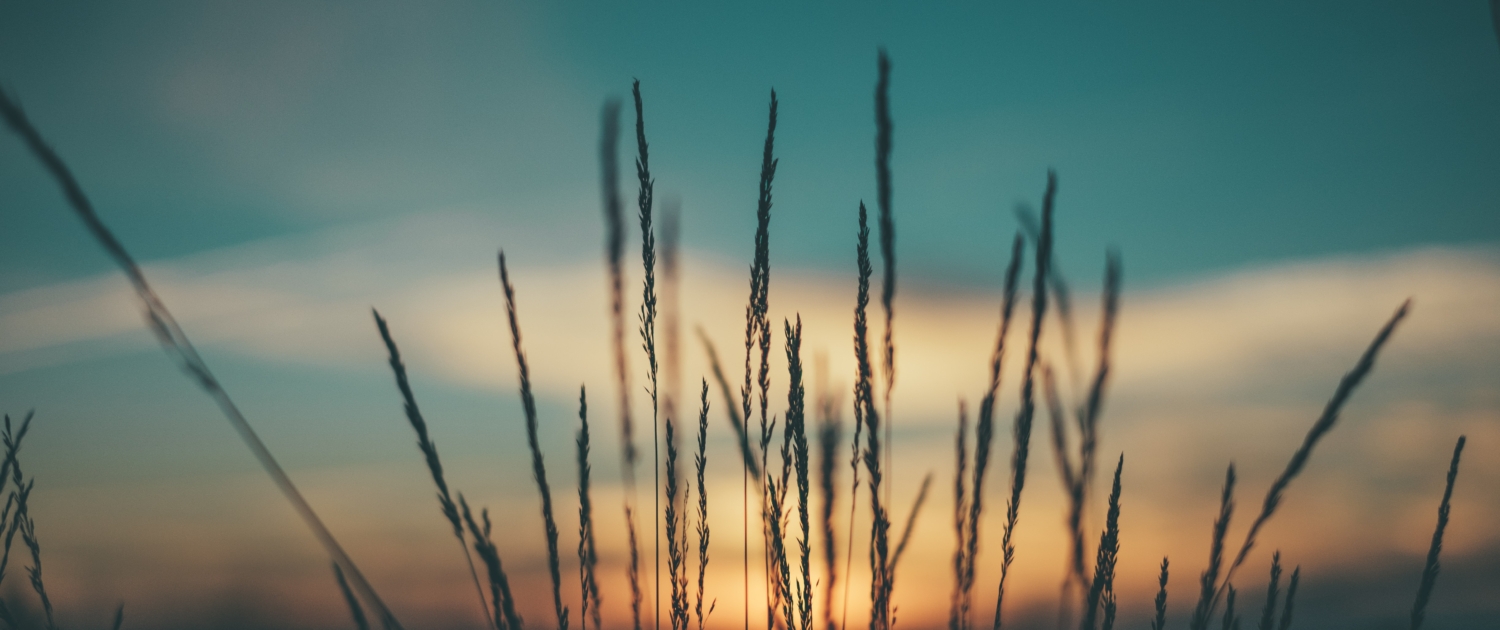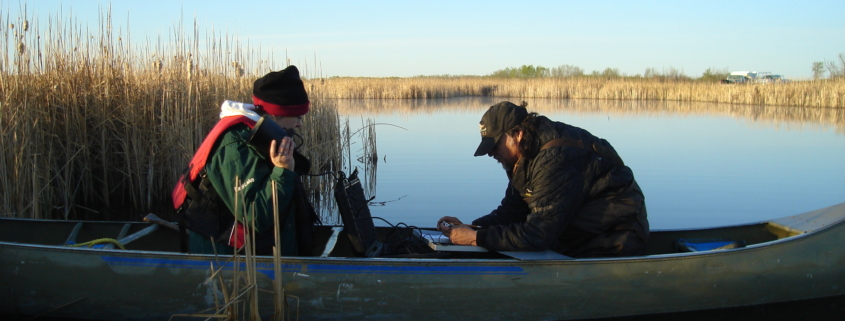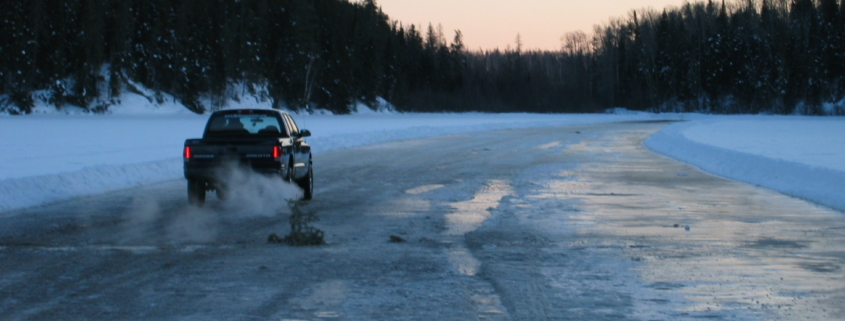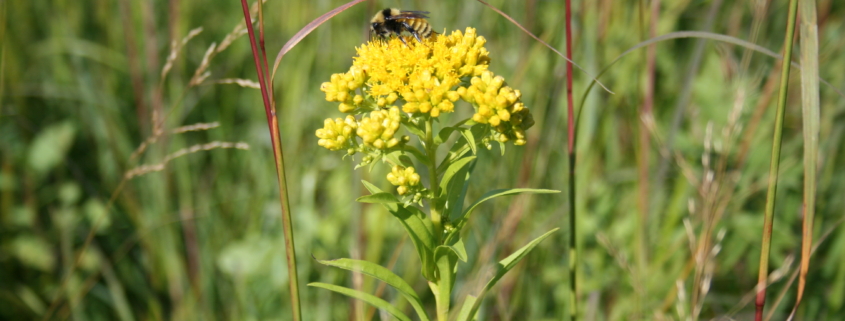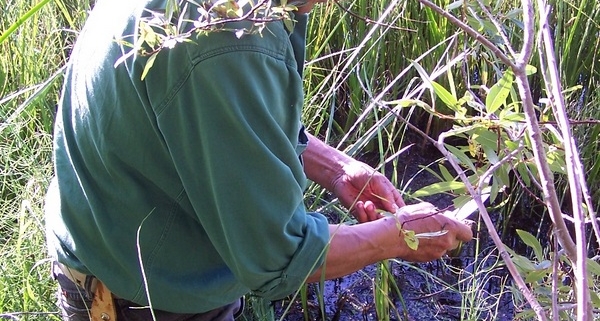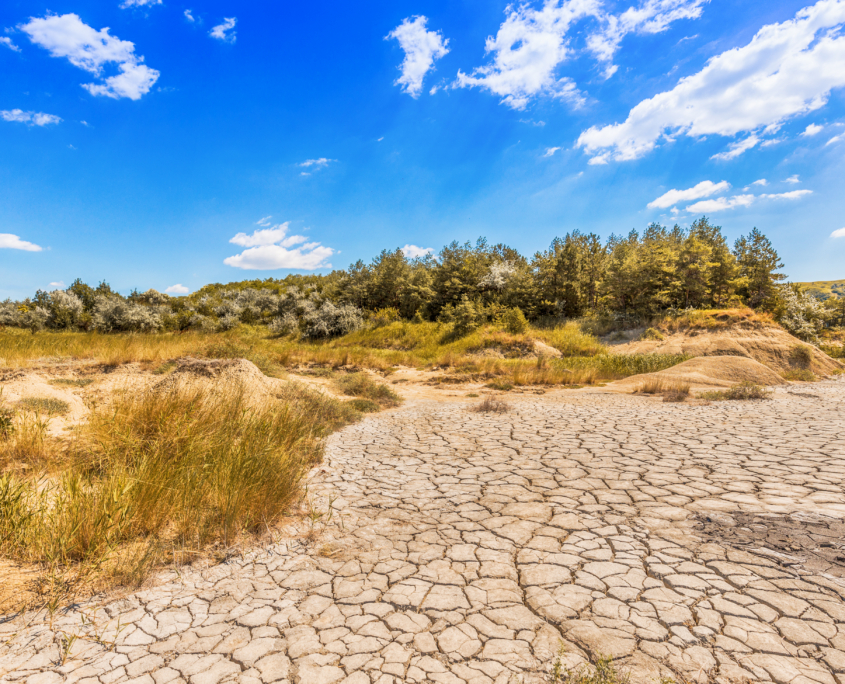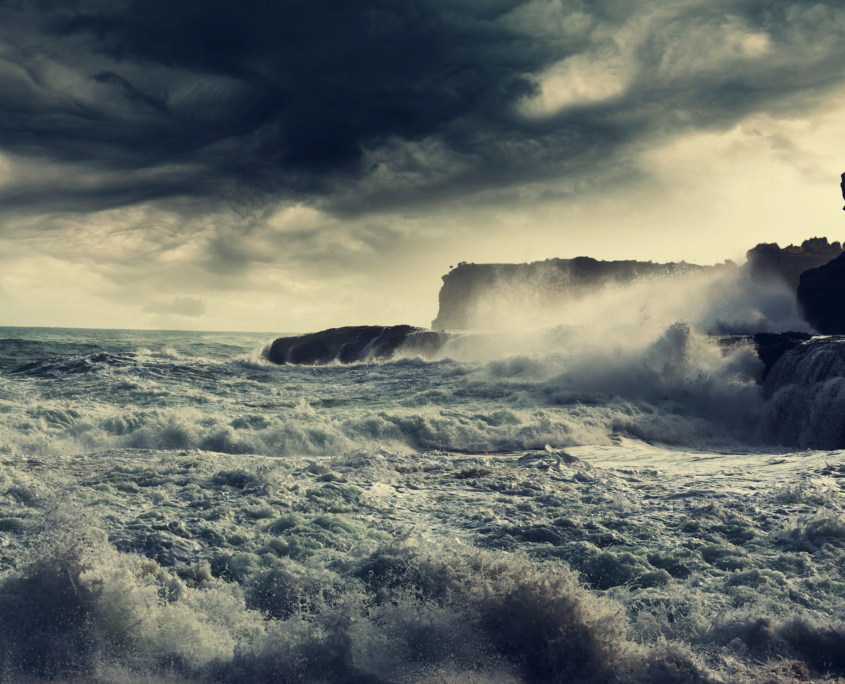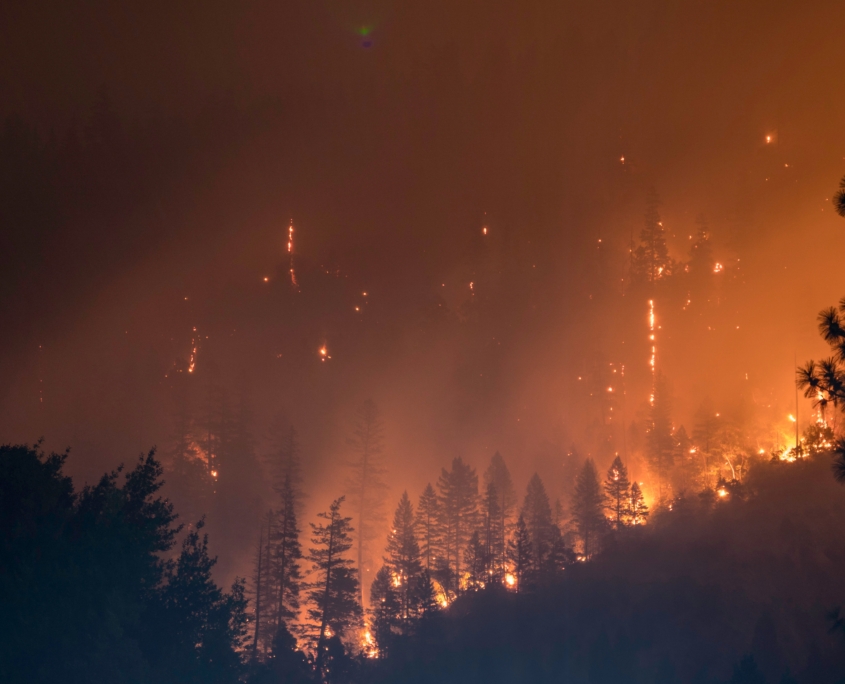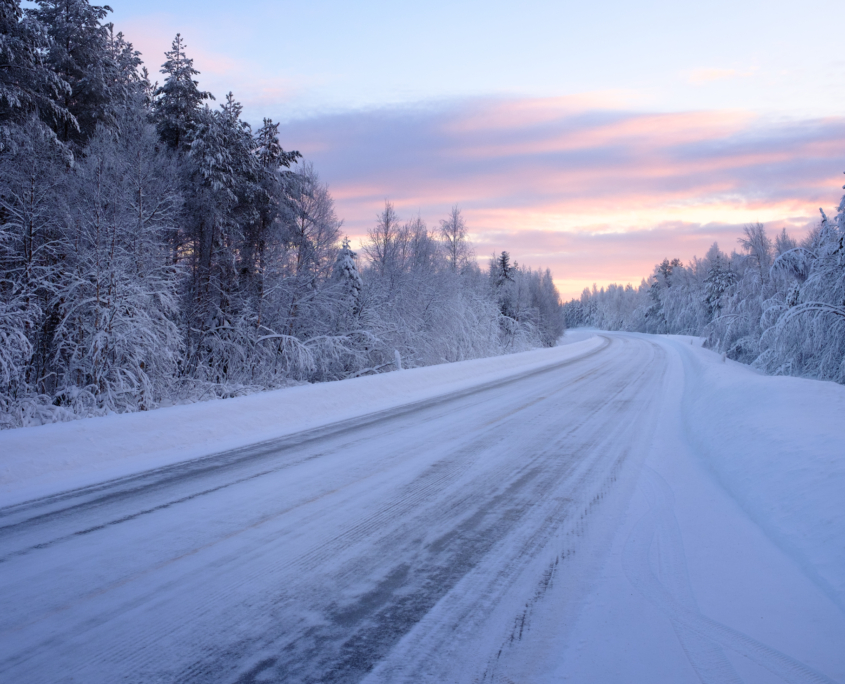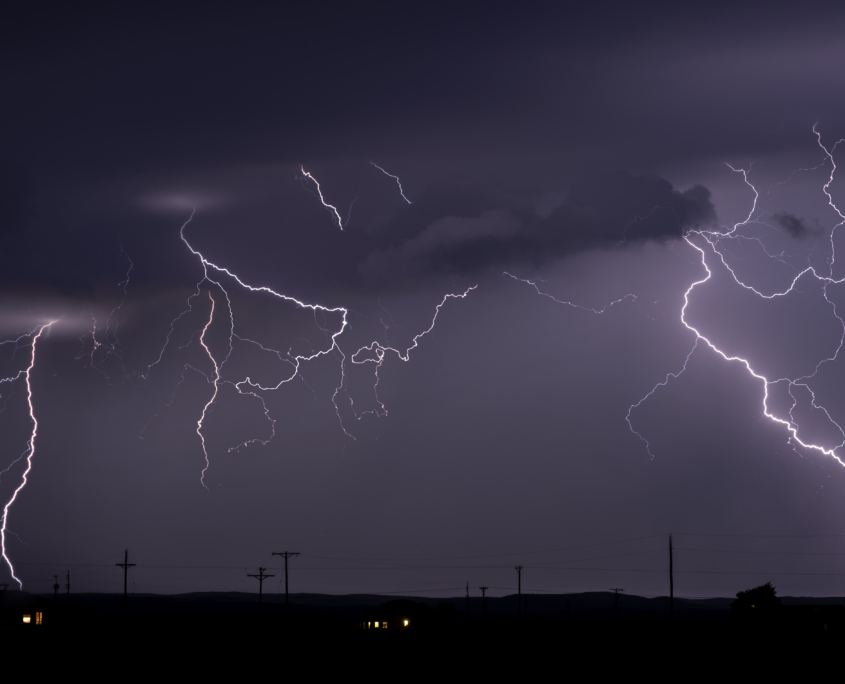Canadians will be affected to some extent by the impacts associated with climate change such as rising temperatures, changes in precipitation patterns and changes in other weather events (depending on the region). However, it is expected that Indigenous communities will experience the impacts of climate change in ways that most non-Indigenous Canadians will not, due to a heavy reliance on the environment, their locations, their economic situations. Indigenous peoples in particular, similar to other natural-resource dependent communities around the world, depend on the environment for subsistence, maintenance of culture, and other important aspects of their livelihoods.
Throughout history, Indigenous peoples have maintained a strong connection with the environment; a connection that is integral to the survival of their physical, social, economic, cultural and spiritual ways of life. Due to this historical and cultural connection, climate change effects will disrupt Indigenous people more severely than other citizens. Although there is much diversity among Indigenous communities in terms of language and culture, there is a fundamental recognition between them of the critical importance of a clean and healthy environment. Since their ways of life are so closely tied to the land, Indigenous peoples must protect it.

